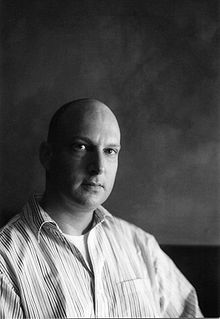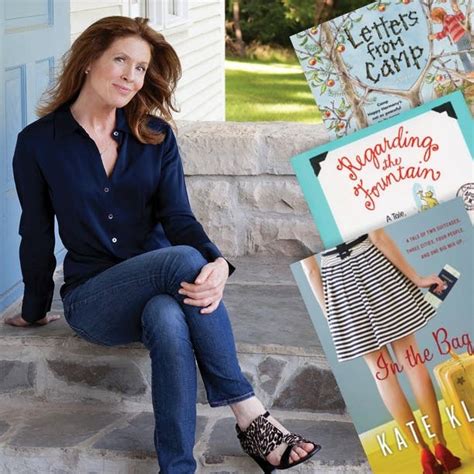A Quote by John Green
I find it really offensive when people say that the emotional experiences of teenagers are less real or less important than those of adults. I am an adult, and I used to be a teenager, and so I can tell you with some authority that my feelings then were as real as my feelings are now.
Related Quotes
The sight of a sullen teenager is common no matter where you go. Teenagers want things so powerfully and can never seen to get them, and to add insult to injury, people make light of your feelings because you are a teenager. They say time will mend a broken heart and they're often right. But not where my feelings for Hardy were concerned.
He loved Nirvana, but at his age they were kind of a guilty pleasure. All that rage and pain and self-hatred! Will got a bit...fed up sometimes, but he couldn't pretend it was anything stronger than that. So now he used loud angry rock music as a replacement for real feelings, rather than as an expression of them, and he didn't even mind very much. What good were real feelings anyway?
Theology is like a map. Merely learning and thinking about the Christian doctrines, if you stop there, is less real and less exciting than the sort of thing my friend got in the desert. Doctrines are not God: they are only a kind of map. But that map is based on the experience of hundreds of people who really were in touch with God--experiences compared with which many thrills of pious feelings you and I are likely to get on our own are very elementary and very confused. And secondly, if you want to get any further you must use the map.
I've got to stop getting obsessed with human beings and fall in love with a chair. Chairs have everything human beings have to offer, and less, which is obviously what I need. Less emotional feedback, less warmth, less approval, less patience and less response. The less the merrier. Chairs it is. I must furnish my heart with feelings for furniture.
I realize that some people will not believe that a child of little more than ten years is capable of having such feelings. My story is not intended for them. I am telling it to those who have a better knowledge of man. The adult who has learned to translate a part of his feelings into thoughts notices the absence of these thoughts in a child, and therefore comes to believe that the child lacks these experiences, too. Yet rarely in my life have I felt and suffered as deeply as at that time.
I think this fear of insanity is comparable to the fear people once had of falling off the edge of the world. Or the fear of heretics...What's happening is that each year our old flat earth of conventional reason becomes less and less adequate to handle the experiences we have and this is creating wide-spread feelings of topsy-turviness. As a result we're getting more and more people in irrational areas of thought...occultism, mysticism, drug changes and the like...because they feel an inadequacy in classical reason to handle what they know are real experiences.
Let me tell you what I do know: I am more than one thing, and not all of those things are good. The truth is complicated. It’s two-toned, multi-vocal, bittersweet. I used to think that if I dug deep enough to discover something sad and ugly, I’d know it was something true. Now I’m trying to dig deeper. I didn’t want to write these pages until there were no hard feelings, no sharp ones. I do not have that luxury. I am sad and angry and I want everyone to be alive again. I want more landmarks, less landmines. I want to be grateful but I’m having a hard time with it.
I think 'Speech & Debate' surprised people because it's a play about teenagers that took the teenagers very seriously. They are very real. People wanted to see if they identified with one of the kids, that loneliness, that yearning for something bigger. That feeling of being stuck, it's very adolescent, but those kinds of feelings linger on.
Teenagers watch and listen to all kinds of things. It is the nature of being a teenager to seek out intense stuff. Stuff about death and sex and love and fear. Teenagers are the bravest, most curious, most philosophical, most open-minded readers there are, which is why so many less-than-young adults like writing for them.
I don't use "feelings" as a diminutive word. I'm trying to take feelings back. I think of everyone on the internet whose response to everything is: "#Feelings! This is important, this is real, this is significant!" That connects to power, too. Wanting to feel like you have power and control over your life.



































